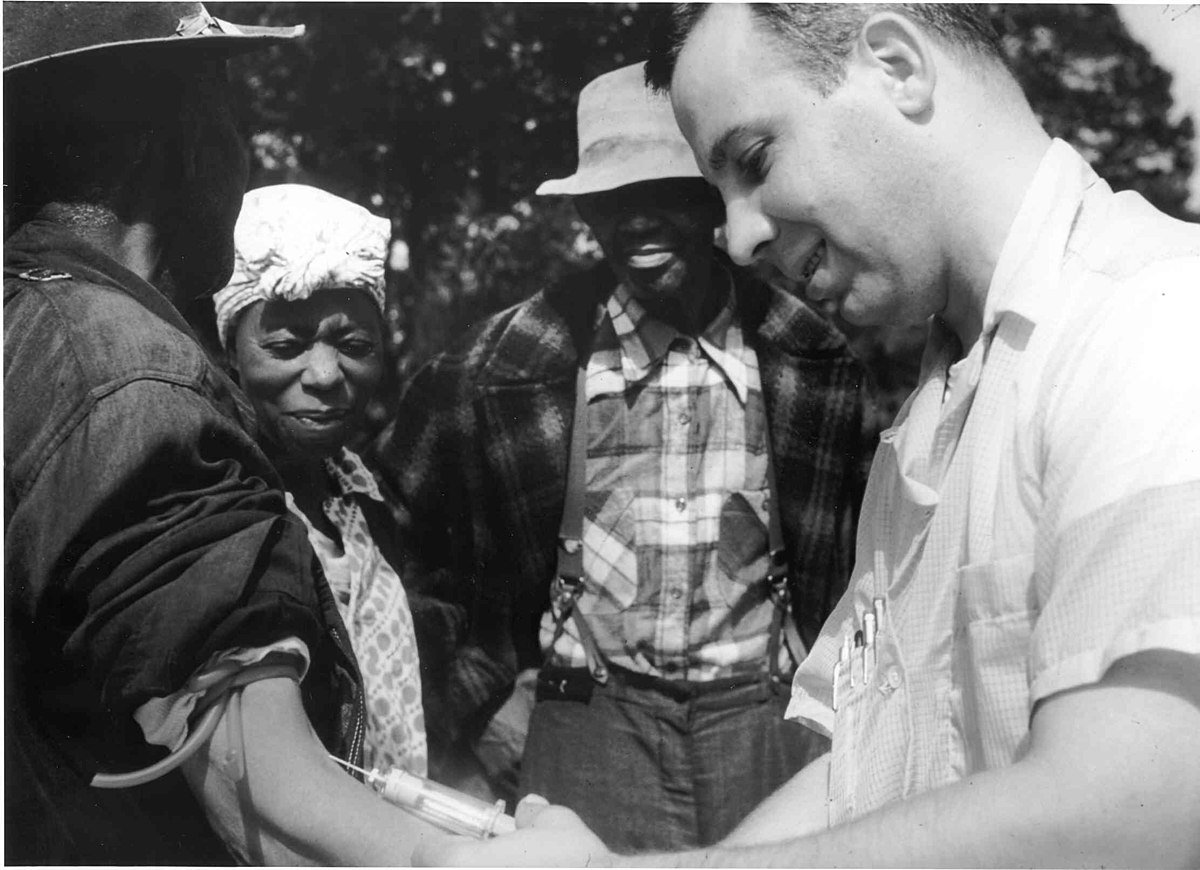The Tuskegee Syphilis Study, officially titled “The Tuskegee Study of Untreated Syphilis in the Negro Male,” was a study conducted by the United States Public Health Service (PHS) from 1932 to 1972. It involved nearly 600 impoverished African-American in Tuskegee, Alabama, with the aim of observing the effects of untreated syphilis on the human body. The men were not informed about the true nature of the experiment and were deceived by the researchers.
The unethical nature of the study came to light in 1972 when it was exposed by a whistleblower, Peter Buxtun. The study had a lasting impact on public health efforts and contributed to a deep-seated mistrust within the African American community towards medical professionals and government health initiatives.



Conservatives and science do not mix.
I mean, sure, but I don’t see the relevance here
It’s perfectly relevant. Wherever you have bigotry or racism, you have conservatism. When we substitute ethics with bigotry, we get conservative scientists doing horrific things.